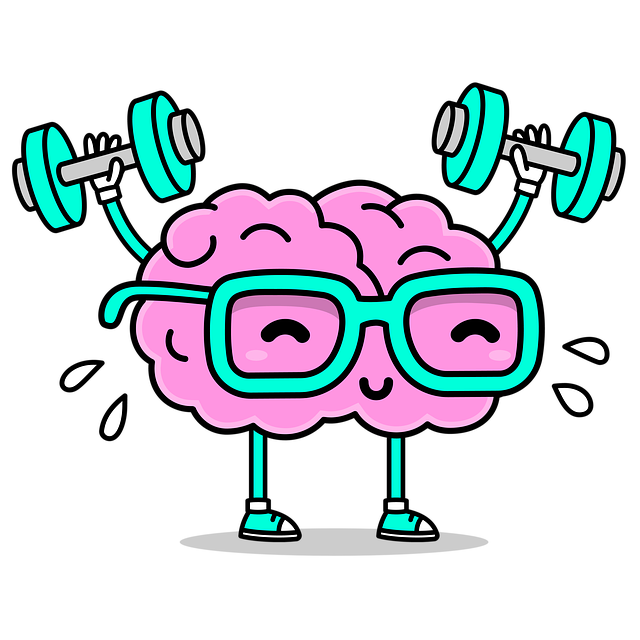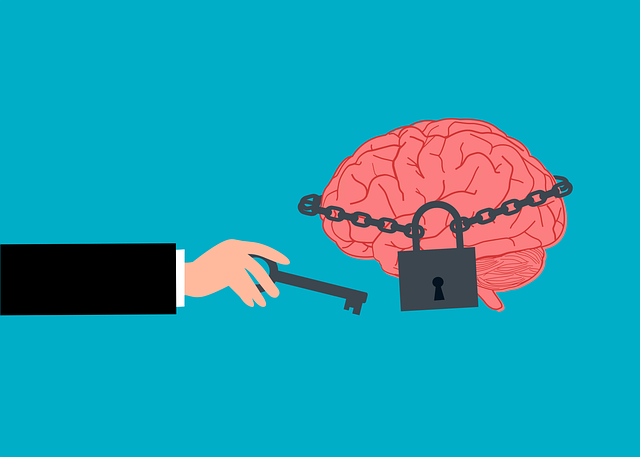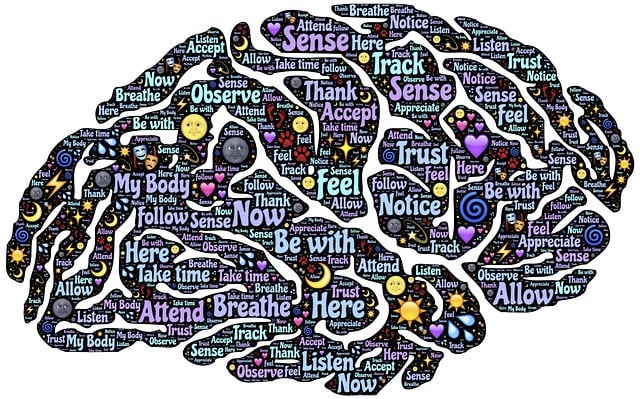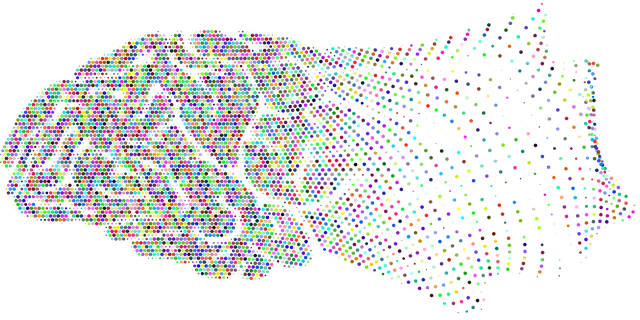Understanding Mental Health Data is vital for effective therapy targeting elders and individuals with conduct disorders (CD). Utilizing various data sources like clinical records, online surveys, and wearable tech, professionals analyze trends to identify risk factors and design tailored interventions. Specialized approaches and evidence-based strategies are crucial for older adults' distinct needs, addressing age-related cognitive changes and comorbidities. Mindfulness meditation has shown promise in reducing aggressive behaviors. Data-driven therapy planning involves qualitative analysis of clinical notes and quantitative methods to track progress over time. Case studies demonstrate the success of these data-driven approaches, leading to improved mood and self-esteem for elders with CD and enhanced community education through targeted public awareness campaigns.
Mental health data analysis is a powerful tool for understanding and improving elderly care, especially regarding conduct disorder. This article explores the intricate process of interpreting mental health data, focusing on its collection from various sources. We delve into the unique challenges of analyzing conduct disorder in elders, offering insights into effective therapy planning. Through case studies, we demonstrate successful data-driven approaches, highlighting the impact of tailored therapy for elderly individuals with conduct disorders. Discover how informed decision-making can revolutionize mental health care.
- Understanding Mental Health Data: Collection and Sources
- Analyzing Conduct Disorder in Elders: Challenges and Considerations
- Interpretation Techniques for Effective Therapy Planning
- Case Studies: Successful Data-Driven Approaches in Elderly Care
Understanding Mental Health Data: Collection and Sources

Understanding Mental Health Data is a multifaceted process that forms the backbone of effective therapy for elders and those dealing with conduct disorders. The collection of such data involves a diverse range of sources, from clinical records to online surveys and wearable technology. Mental health professionals rely on these sources to gather insights into individuals’ emotional well-being, behaviors, and thought patterns. By analyzing trends and patterns within this data, practitioners can identify risk factors, develop tailored interventions, and track progress over time.
One key source of mental health data is through Mental Health Education Programs Design, which equip individuals with the knowledge and skills to recognize and manage their own mental states. Additionally, Mental Wellness Journaling Exercises Guidance offers a means for people to introspect and document their feelings, thoughts, and behaviors, providing valuable qualitative information for analysis. Moreover, leveraging Mind Over Matter principles in data interpretation helps in understanding the interplay between cognitive processes and emotional well-being, ultimately enhancing the effectiveness of therapy for elders and those grappling with conduct disorders.
Analyzing Conduct Disorder in Elders: Challenges and Considerations

Analyzing Conduct Disorder (CD) in elders presents unique challenges within mental health data analysis. Traditional assessment methods often struggle to account for age-related cognitive and physiological changes, potentially leading to misdiagnosis or undervaluing the severity of CD symptoms. The complexity is exacerbated by comorbidities prevalent in older adults, such as dementia or depression, which can mimic conduct disorder presentations. Effective therapy for elders with CD requires specialized approaches that consider these nuances, emphasizing evidence-based strategies tailored to their distinct needs.
Risk assessment tools designed for mental health professionals play a critical role in navigating these challenges. By incorporating comprehensive risk factors specific to elderly populations, these tools enable more accurate evaluations. Additionally, promoting burnout prevention through balanced caseloads and regular supervision can enhance the quality of care provided to elders with CD. Incorporating practices like mindfulness meditation into therapeutic regimens has also shown promise in reducing aggressive behaviors and improving emotional regulation among older adults with conduct disorder.
Interpretation Techniques for Effective Therapy Planning

Effective therapy planning for elderly individuals with conduct disorder relies heavily on accurate data interpretation and understanding unique behavioral patterns. Mental health professionals employ various interpretation techniques to gain insights into clients’ lives, motivations, and challenges. One crucial approach is qualitative analysis of clinical notes, allowing therapists to identify recurring themes, triggers, and coping mechanisms. By meticulously reviewing conversation transcripts and assessment reports, professionals can tailor interventions that address specific conduct disorder symptoms, such as aggression or impulsivity.
Additionally, quantitative methods play a significant role in therapy planning. Analyzing data from behavior tracking scales or self-report questionnaires helps gauge progress over time and identify areas of improvement. For instance, measuring changes in self-esteem scores through standardized assessments can guide interventions focused on boosting self-worth and resilience. Stress reduction methods are also integrated into treatment plans after analyzing stress-related biomarkers or client reports, ensuring comprehensive and personalized therapy for elders with conduct disorder that addresses both behavioral and emotional aspects.
Case Studies: Successful Data-Driven Approaches in Elderly Care

Case studies demonstrate the power of data-driven approaches in elderly care, offering valuable insights into effective interventions for mental health issues among seniors. For instance, a study focusing on a senior living community implemented a data analytics system to track residents’ emotional well-being over time. By analyzing trends and identifying patterns, caregivers could proactively address potential crises, such as exacerbations of conduct disorders in older adults. This proactive approach, which incorporates therapy for elders with conduct disorder, not only enhances mood management but also fosters self-esteem improvement by providing timely support and interventions.
Furthermore, data analysis played a pivotal role in developing targeted public awareness campaigns. By understanding the specific mental health challenges faced by the elderly population through detailed case studies, healthcare professionals can create tailored initiatives. These campaigns aim to educate communities, dispel stigma, and encourage early intervention—all of which contribute to improved mental well-being among seniors.
Mental health data analysis is a powerful tool for understanding and improving elderly care, especially regarding conduct disorder. By leveraging various data sources and employing advanced interpretation techniques, therapists and caregivers can develop tailored, effective treatment plans. The case studies presented highlight successful data-driven approaches that not only enhance quality of life for elders but also offer hope for improved mental health outcomes. As we continue to navigate the complex landscape of elderly care, integrating mental health data analysis will be crucial in providing personalized therapy for conduct disorder and fostering a brighter future for our aging population.














